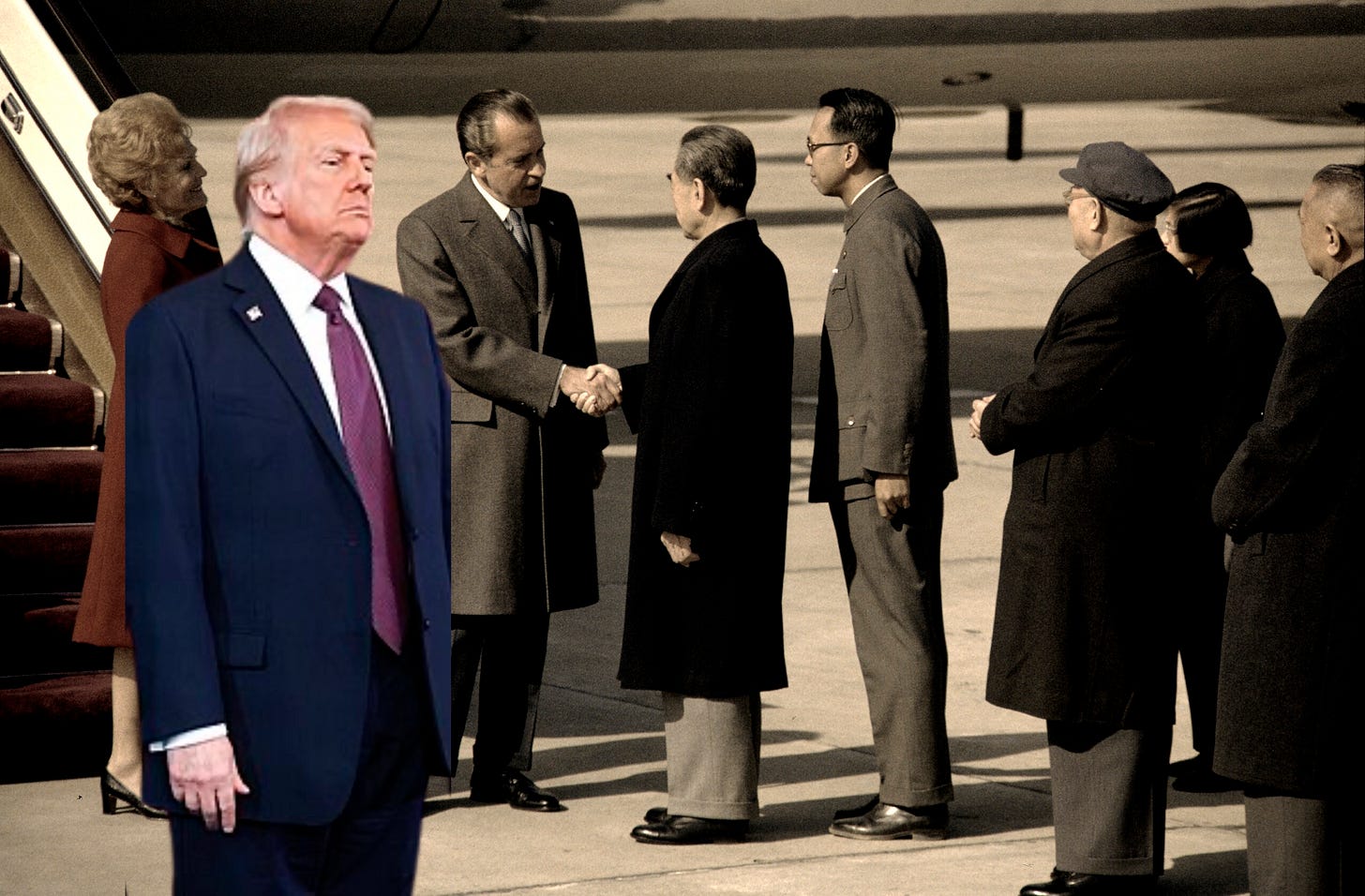Sino-US Détente Was Bought in Blood. Sino-US Rivalry is Worse
A contradiction is emerging in US China policy.
Trump has made multiple conciliatory moves toward China this year—the latest being his overtures to convince China to resume purchases of US soybeans after his tariffs encouraged China to diversify away from the US. But the domestic and global pressures that incited US rivalry with China to begin with have…


